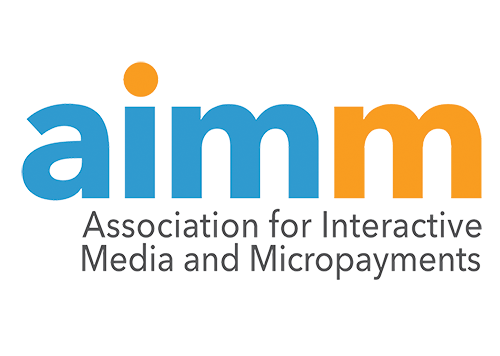PSA proposes extension of regulatory requirements to all call connection services and strengthens requirements
The Phone-paid Services Authority (PSA) has opened a consultation on revised Special conditions for ICSS – third-party services that connect or signpost callers to popular helplines via a premium-rate number.
The proposals are intended to improve the information about these services that is given to consumers, both in search results and on service websites, to make it clearer that they are third parties and that calls via an ICSS may be more expensive than calling the desired number directly.
These proposals follow changes in January 2019 to extend the scope of Ofcom’s Premium Rate Service Condition to include all ICSS within the definition of controlled premium rate services. This extended PSA regulation to all ICSS irrespective of the number range they are operating on. This consultation proposes that the PSA’s Special conditions for ICSS should apply to all ICSS, regardless of number range.
The consultation is open until 10th June 2019. Respondents are advised to use the new PSA consultations response form, available from the PSA website.



